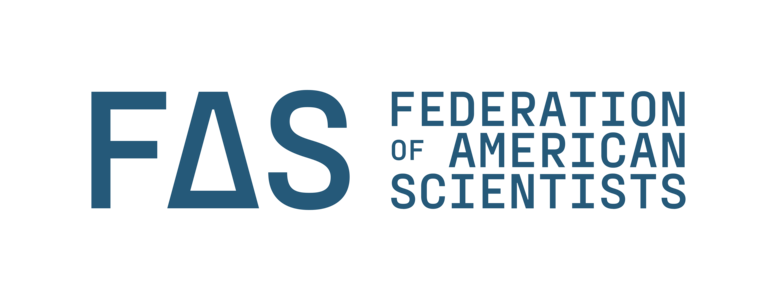Work with us! We have openings for the following positions.
Career Opportunities
Day One Project Open Call for Ideas
Accelerators
REMOTE
Accelerators
In 2019, we came together with an idea to arm the next presidential administration in January 2020 with 100 implementation-ready policy proposals crowdsourced from the science, technology and innovation community. Not only was our call for ideas met with an overwhelming response, but along the way we honed a vision for policy entrepreneurship: how anyone can convert a merely promising idea into…
